Authors: John-Arne Røttingen | Steven J Hoffman
Assessing implementation mechanisms for an international agreement on research and development for health products
2012
States can make binding or non-binding commitments through conventions, contracts, declarations or institutional reforms. States can administer activities to implement their agreements through international organizations, sub-agencies, joint ventures or self-organizing processes. Finances can be managed through specialized multilateral funds, financial institutions, membership organizations or coordinated self-management. Decisions can be made through unanimity, consensus, equal voting, modified voting or delegation. Oversight can be provided by peer review, expert review, self-reports or civil society. Together, states should select their preferred options across categories of implementation mechanisms, each of which has advantages and disadvantages. The challenge lies in choosing the most effective combinations of mechanisms for supporting an international agreement (or set of agreements) that achieves collective aspirations in a way and at a cost that are both sustainable and acceptable to those involved. In making these decisions, WHO’s Member States can benefit from years of experience with these different mechanisms in health and its related sectors.
You may also be interested in
Assessing implementation mechanisms for an international agreement on research and development for health products
The Member States of the World Health Organization (WHO) are currently debating the substance and form of an international agreement to improve the financing and coordination of research and development (R&D) for health products that meet the needs of developing countries. In addition to considering the content of any possible legal or political agreement, Member States may find it helpful to reflect on the full range of implementation mechanisms available to bring any agreement into effect. These include mechanisms for states to make commitments, administer activities, manage financial co...
A Game Change in Global Health. The Best is Yet to Come
Health will continue to gather strength as a global public domain if it links itself strategically with other transnational agendas and strengthens its political ability to produce global public goods for health. Three new political spaces offer opportunities to take the global health agenda a significant step forward: the emerging new development paradigm, the post-2015 debates at the United Nations and the dynamics created through the increasing trans-border health challenges the World Health Organization (WHO) must deal with under conditions of globalization.
Negotiating the International Health Regulations
The International Health Regulations require effective negotiation to address global health issues, focusing on building consensus among countries, ensuring transparency, and fostering cooperation to promote public health security and response to health emergencies.
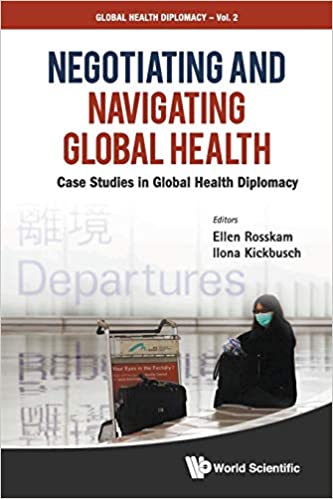
Negotiating and Navigating Global Health: Case Studies in Global Health Diplomacy
The text presents case studies illustrating the complexities and strategies involved in negotiating and navigating global health issues, shedding light on the dynamic intersection of health diplomacy and international relations.
From sovereignty to solidarity: A renewed concept of global health for an era of complex interdependence
The text discusses the necessity of transitioning from a focus on sovereignty to a more collaborative approach centered around solidarity in the realm of global health, reflecting the complexities of our interconnected world.
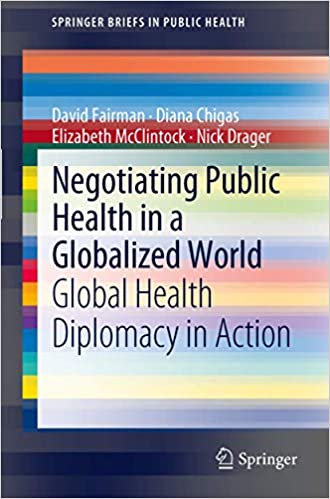
Negotiating Public Health in a Globalized World: Global Health Diplomacy in Action
The text is about the challenges and opportunities of negotiating in the global health diplomacy landscape, emphasizing the importance of collaboration and innovation to address public health issues on a global scale.
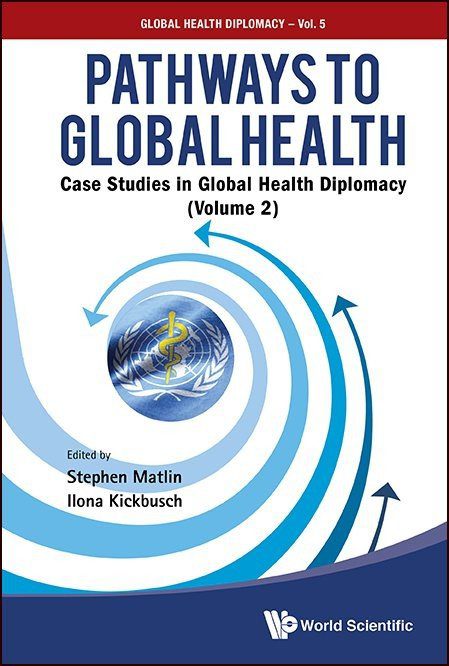
How should the WHO reform: An analysis and review of literature
The WHO should focus on enhancing its governance structure, accountability, and flexibility to effectively address global health challenges. Strengthening collaboration with other organizations, improving funding mechanisms, and prioritizing transparency and inclusivity are crucial for successful reform.
Global environmental diplomacy: Comparing and sharing
The article discusses the importance of global environmental diplomacy in addressing environmental issues and highlights the benefits of comparing and sharing strategies among nations.
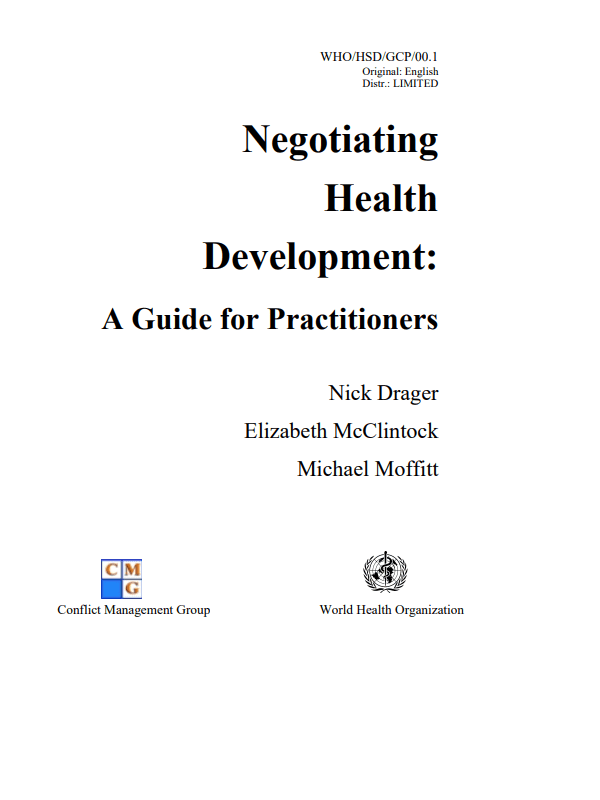
Negotiating Health Development: A Guide for Practitioners
The text provides guidance for practitioners on negotiating health development.
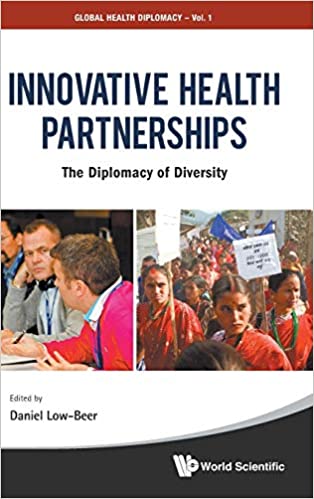
Innovative Health Partnerships – The Diplomacy of Diversity
The text discusses the importance and benefits of forming diverse health partnerships that promote innovation and collaboration.
The Global Health System: Actors, Norms, and Expectations in Transition
The global health system is undergoing significant changes as various actors, norms, and expectations are in transition.
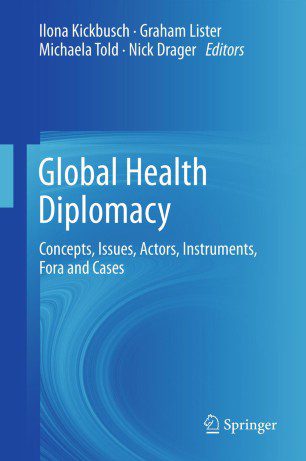
Global Health Diplomacy: Concepts, Issues, Actors, Instruments, Fora and Cases
The message provides information on global health diplomacy, covering concepts, issues, actors, instruments, fora, and cases.
The Grand Decade for Global Health: 1998-2008
Jon Lidén's text examines the significant developments and achievements in global health during the pivotal period from 1998 to 2008, highlighting key initiatives and challenges that shaped the landscape of public health on a global scale.
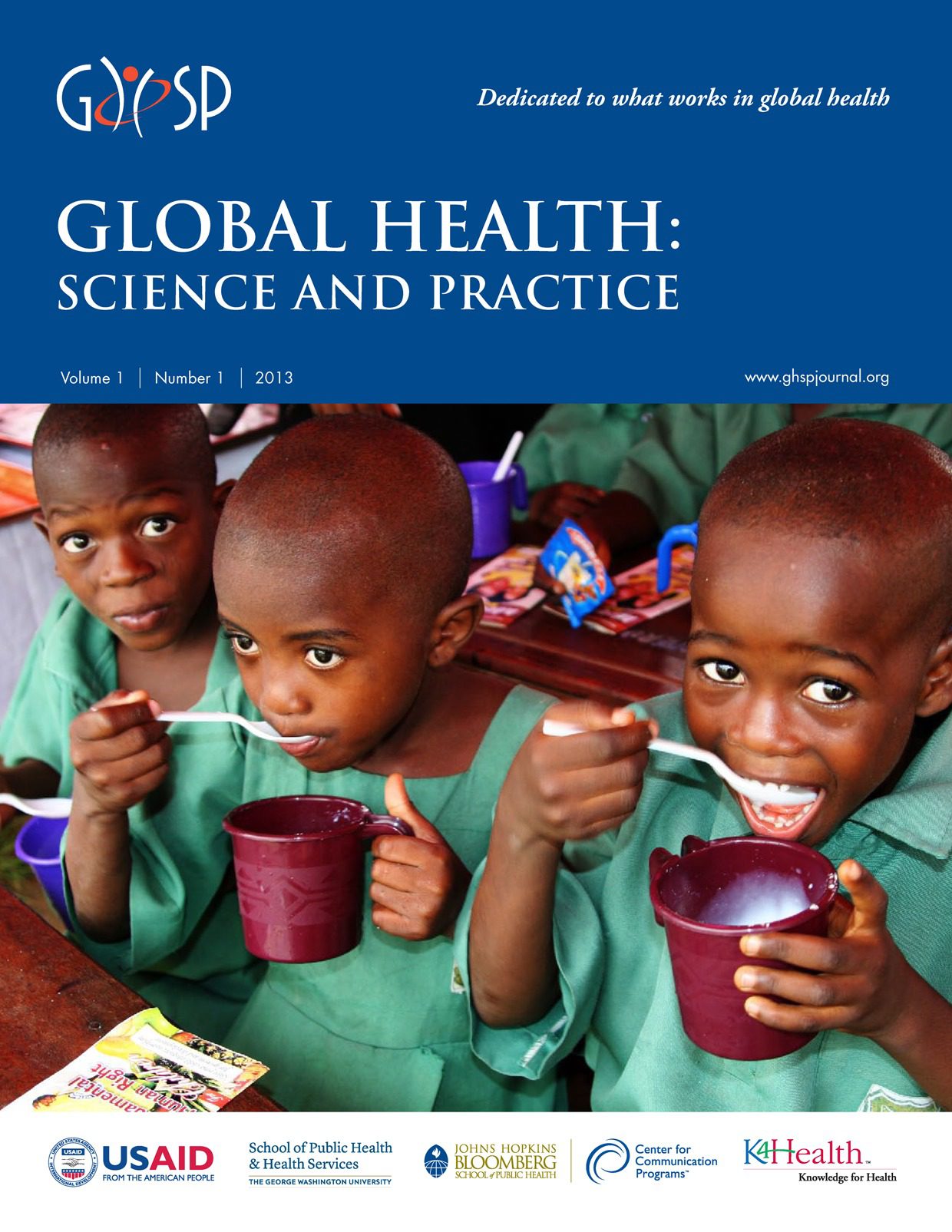
Global health diplomacy: Advancing foreign policy and global health interests
Attention to global health diplomacy has been rising but the future holds challenges, including a difficult budgetary environment. Going forward, both global health and foreign policy practitioners would benefit from working more closely together to achieve greater mutual understanding and to advance respective mutual goals.
Discussing a Definition of Global Health
The text discusses the concept of global health, encompassing the well-being of populations worldwide, emphasizing equity, collaboration, and addressing underlying determinants of health to achieve optimal health outcomes for all individuals globally.
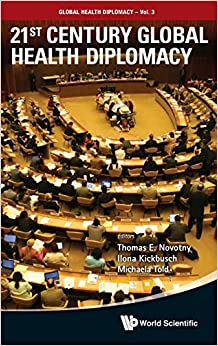
21st century health diplomacy: A new relationship between foreign policy and health
The 21st century sees a shift towards the integration of foreign policy and health, emphasizing the importance of health diplomacy in global affairs.
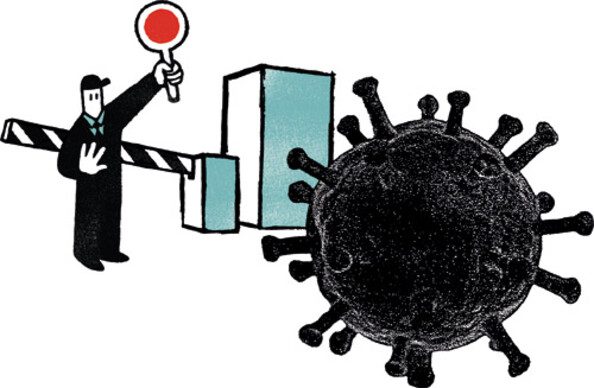
Health as foreign policy
The text discusses how health is intertwined with foreign policy, highlighting the importance of addressing global health issues in a strategic manner that considers both national and international interests. It emphasizes the need for collaboration between countries to effectively address health challenges and promote overall well-being on a global scale.
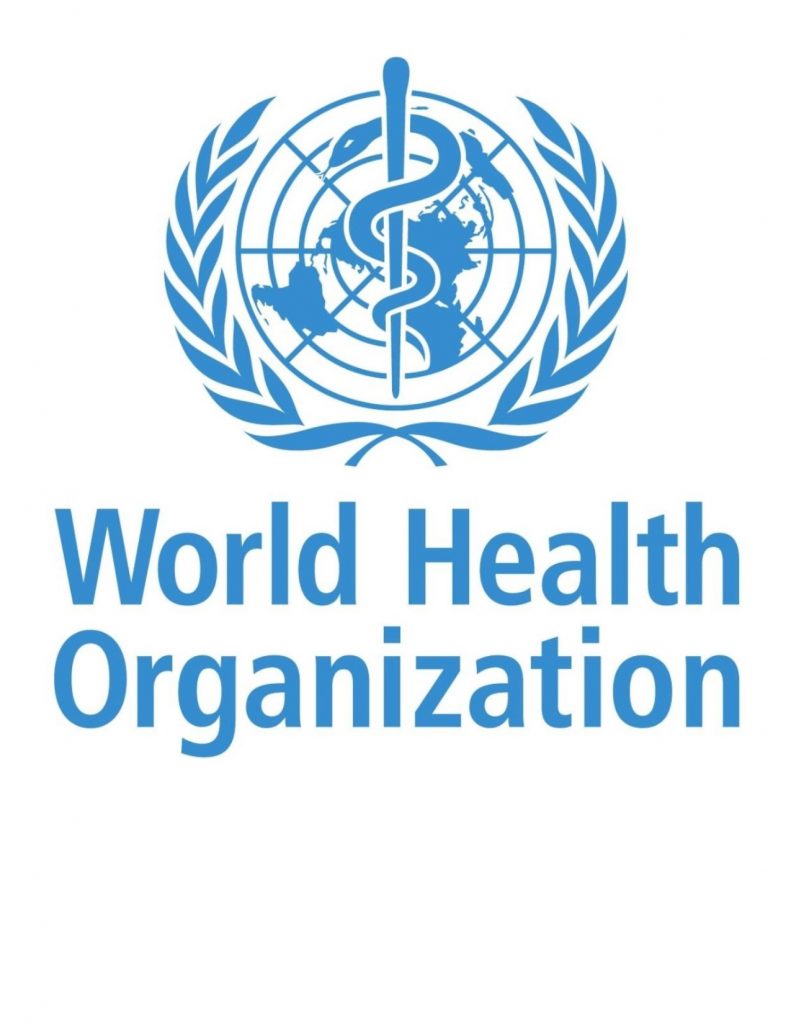
Governance fore Health in the 21st Century: A study conducted for the WHO Regional Office for Europe
The study conducted for the WHO Regional Office for Europe focuses on governance for health in the 21st century.

Global health diplomacy: How foreign policy can influence health
Ilona Kickbusch argues that public health experts need to work with diplomats in order to achieve global health goals.
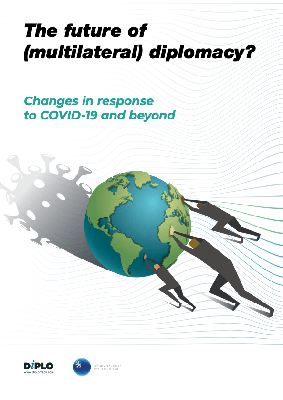
The future of (multilateral) diplomacy? Changes in response to COVID-19 and beyond
The year 2020 marked the 75th anniversary of the United Nations (UN). It is also the year that the world was faced with responding to the emergence of the novel coronavirus, COVID-19, an unprecedented global challenge that has left no area of society and no individual life untouched.

Governance Challenges in Global Health
Global health is at the threshold of a new era. Few times in history has the world faced challenges as complex as those now posed by a trio of threats: first, the unfinished agenda of infections, undernutrition, and reproductive health problems; second, the rising global burden of noncommunicable diseases and their associated risk factors, such as smoking and obesity; and third, the challenges arising from globalization itself, such as the health effects of climate change and trade policies, which demand engagement outside the traditional health sector.1 These threats are evolving within a...

Global Health and Foreign Policy
Global health and foreign policy are closely intertwined as health issues have significant impacts on international relations and diplomacy. Collaborative efforts between countries are essential to address global health challenges and promote well-being worldwide.
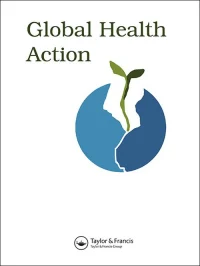
A New Governance Space for Health
Global Health Action is an international journal publishing research in the field of global health, addressing transnational health and policy issues.

Adoption and adaptation of e-health systems for developing nations: The case of Botswana (Research by Benson Ncube)
This paper seeks appropriate solutions to improve the access and capability of the health delivery systems in Botswana. The research reveals that many countries are now using information-based services to assist in the administration and delivery of medical services via telecommunication infrastructures.

China’s soft power in Africa: From the ‘Beijing Consensus’ to health diplomacy
China has deepened its engagement with Africa since 1949, shifting from ideological to pragmatic approaches. This evolution includes aiding socialist nations with infrastructure projects, sending experts, and fostering economic and political ties. Present-day interactions involve Chinese officials, bankers, and businesspeople promoting sustainable economic growth. China's focus on raw materials has not overshadowed its support for aid programs like medical assistance. The relationship is set to progress through a mix of traditional aid, technical support, and increased trade and investment.
The globalization of public health: the first 100 years of international health diplomacy
Global threats to public health in the 19th century sparked the development of international health diplomacy. Many international regimes on public health issues were created between the mid-19th and mid20th centuries. The present article analyses the global risks in this field and the international legal responses to them between 1851 and 1951, and explores the lessons from the first century of international health diplomacy of relevance to contemporary efforts to deal with the globalization of public health.
What is Global Health Diplomacy? A Conceptual Review
The article explores the concept of global health diplomacy, highlighting its complexity and interdisciplinarity. It emphasizes the importance of collaboration between various sectors, such as health and foreign affairs, to address global health challenges effectively. Key components include negotiation, advocacy, and communication skills, alongside political awareness and cultural sensitivity. The review underscores the need for innovative strategies to tackle health issues on a global scale through diplomatic efforts that prioritize equity, solidarity, and cooperation among nations.

Global Health and the Foreign Policy Agenda
Global health initiatives are a vital component of foreign policy. Efforts to address healthcare challenges worldwide can improve international relations and promote stability. Investments in global health can yield benefits for both public health and diplomatic relations, demonstrating a commitment to global cooperation and solidarity. As the world becomes increasingly interconnected, prioritizing global health in foreign policy agendas is crucial for fostering a safer and more prosperous global community.
Introduction and… The Health Diplomacy of Diversity
The message will focus on highlighting that diversity plays a crucial role in health diplomacy. It will emphasize the importance of embracing and recognizing diverse perspectives in addressing global health challenges effectively. The text will likely discuss how valuing diversity can lead to more innovative solutions and improved healthcare outcomes worldwide.
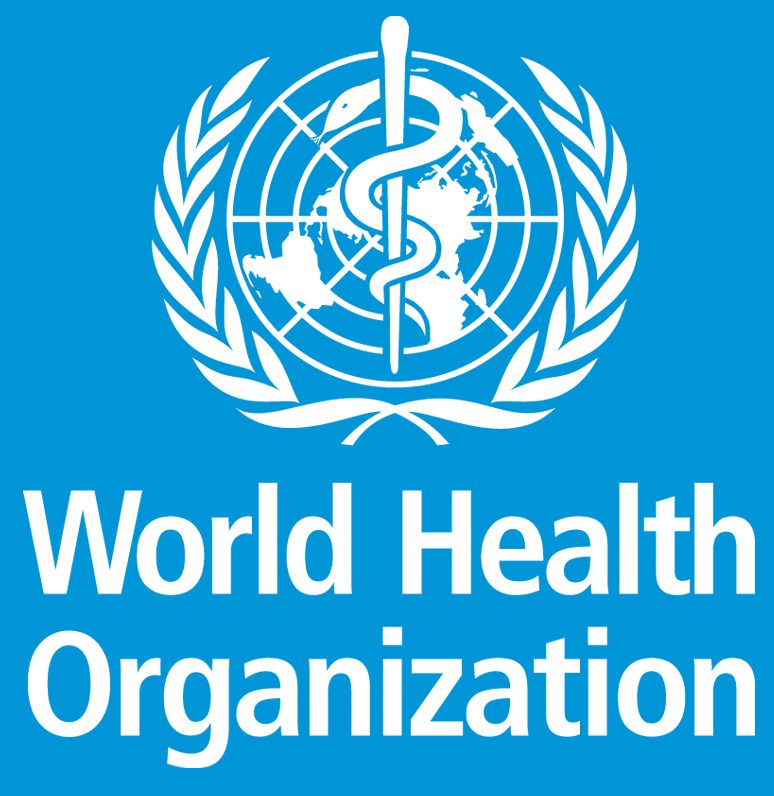
WHO reform process: documents
The World Health Organization (WHO) reform process involves various documents that outline proposed changes and improvements to the organization.

Oslo Ministerial Declaration – global health: a pressing foreign policy issue of our time
The Oslo Ministerial Declaration emphasizes the critical nature of global health as a pressing foreign policy concern.

Enyclopedia of International Development
The Encyclopedia of International Development is a comprehensive resource that covers a wide range of topics related to development, including theories, practices, actors, and key issues. It offers insights from various disciplines and perspectives, making it an invaluable tool for researchers, policymakers, and practitioners in the field of international development.
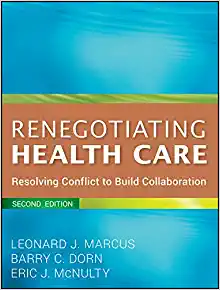
Renegotiating Health Care: Resolving Conflict to Build Collaboration
In the text "Renegotiating Health Care: Resolving Conflict to Build Collaboration," the author elaborates on the importance of resolving conflicts within the healthcare system to foster collaboration and improve patient care.
Power: The nexus of global health diplomacy?
The text appears to be missing content within the triple quotes. Could you please provide the content so that I can summarize it for you?
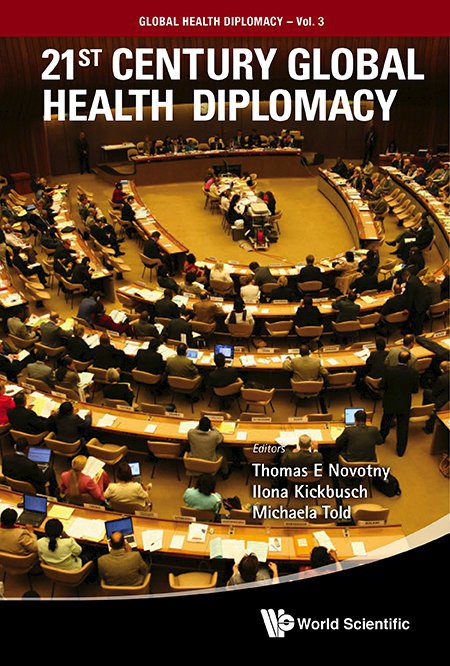
Health diplomacy in the 21st century
The text explores the evolving landscape of health diplomacy in the 21st century, emphasizing its crucial role in addressing global health challenges and fostering cooperation among nations for improved public health outcomes.
Governing global health: Is Europe ready?
The text discusses Europe's readiness in governing global health.
Global health diplomacy: The need for new perspectives, strategic approaches and skills in global health
The text discusses the importance of new perspectives, strategic approaches, and skills in global health diplomacy to address global health challenges effectively.
Global Health, Aid Effectiveness and the Changing Role of the WHO
The text discusses the changing role of the World Health Organization (WHO) in the context of global health and aid effectiveness.
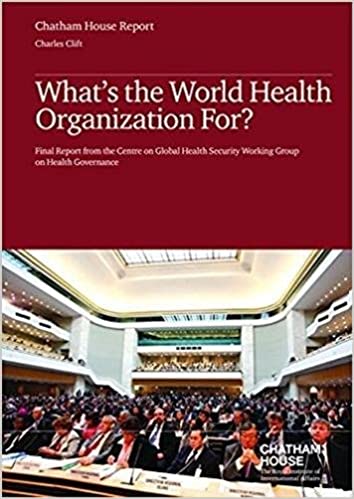
What’s the World Health Organization For?
The text discusses the purpose and functions of the World Health Organization (WHO), highlighting its role in global health and disease prevention.
The latest from Diplo and GIP
Tailor your subscription to your interests, from updates on the dynamic world of digital diplomacy to the latest trends in AI.
Subscribe to more Diplo and Geneva Internet Platform newsletters!
Diplo: Effective and inclusive diplomacy
Diplo is a non-profit foundation established by the governments of Malta and Switzerland. Diplo works to increase the role of small and developing states, and to improve global governance and international policy development.


